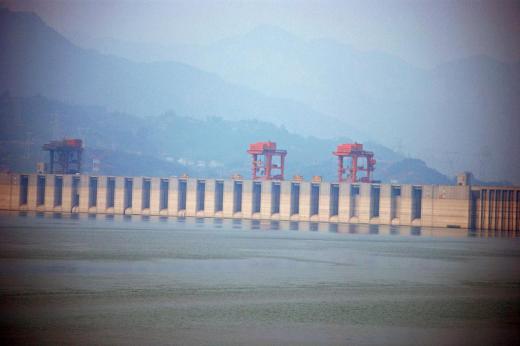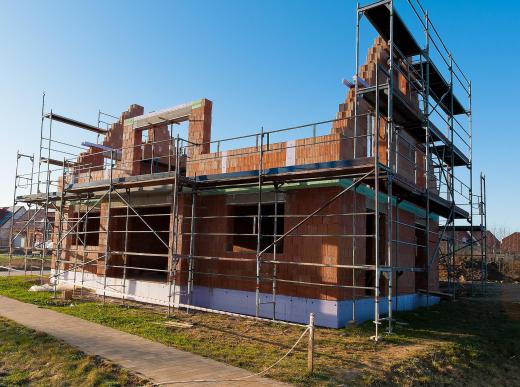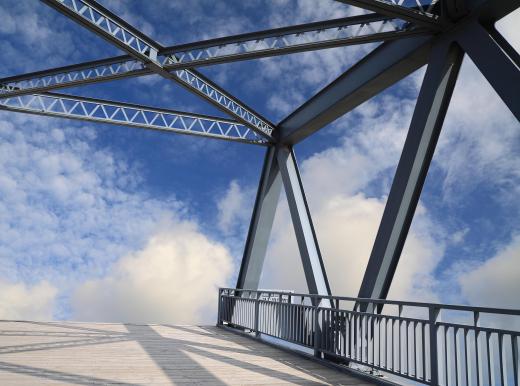A construction inspector is one that inspects buildings, roads, bridges, dams, tunnels and nearly any other type of construction work to make sure there is nothing wrong or unstable about the way the work is being done. Often, the services of such an individual are required to get the proper permits and certificates of completion as awarded by local, state and federal governments. Therefore, the job of a construction inspector is very important.
A construction inspector, sometimes called a building inspector or home inspector, usually works for a local or state government. This way, there is an independent inspector looking over different aspects of construction, which may help provide a more accurate picture of what is happening. In some cases, there may be questions if a contractor hires a private construction inspector. This is because some believe an inspector paid by a contractor may report favorably about that contractor in order to secure future jobs.

A construction inspector is most concerned that certain building codes are met, as applied by the jurisdiction in which the building is located. This is why the inspector may also be called a code inspector. The code is a guideline not only of general construction, but electrical and plumbing components as well. All must clear inspections before a building is deemed completed.

A home inspector may be a specific type of construction inspector that only, or at least primarily, deals with those structures meant for habitation. This will include not only single-family homes, but also any multifamily housing units, such as apartments and condominiums, as well. These buildings may require special features, such as better ventilation, more exits, or exit windows, that other buildings may not be required to have. In some cases, a private person may hire a home inspector in order to inspect a home to make sure it is sound before purchasing it.

Many of those who become construction inspectors do so due to experience they have gained in the construction industry. In fact, more than 50 percent of those who are in the construction inspection industry have no degree other than a high school diploma. Those who do have college degrees often have them in engineering or architecture. Thus, there is a wide range of people who can take various experiences with them into this type of job.

In addition to the educational requirement, gained in a formal classroom setting or through experience, there may be certification or licensing requirements as well. These requirements will likely require a construction inspector to get continuing education credits to keep up with the latest requirements and methods. While this does add to the expense of the profession, it also helps the inspector do a better job and helps to ensure the public of quality work.
